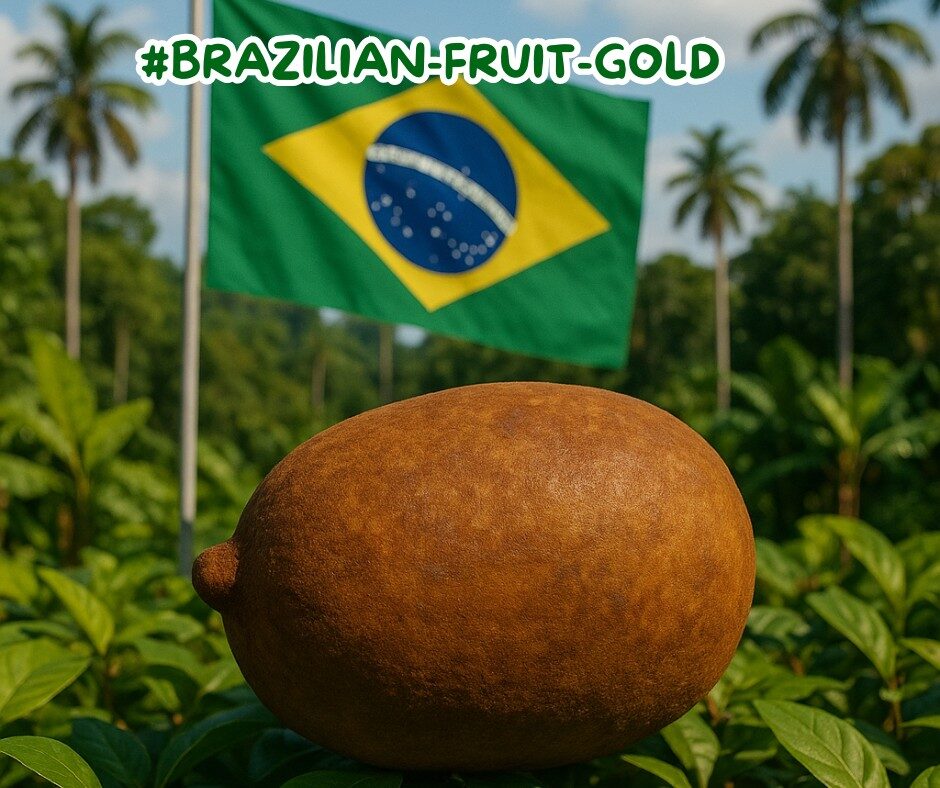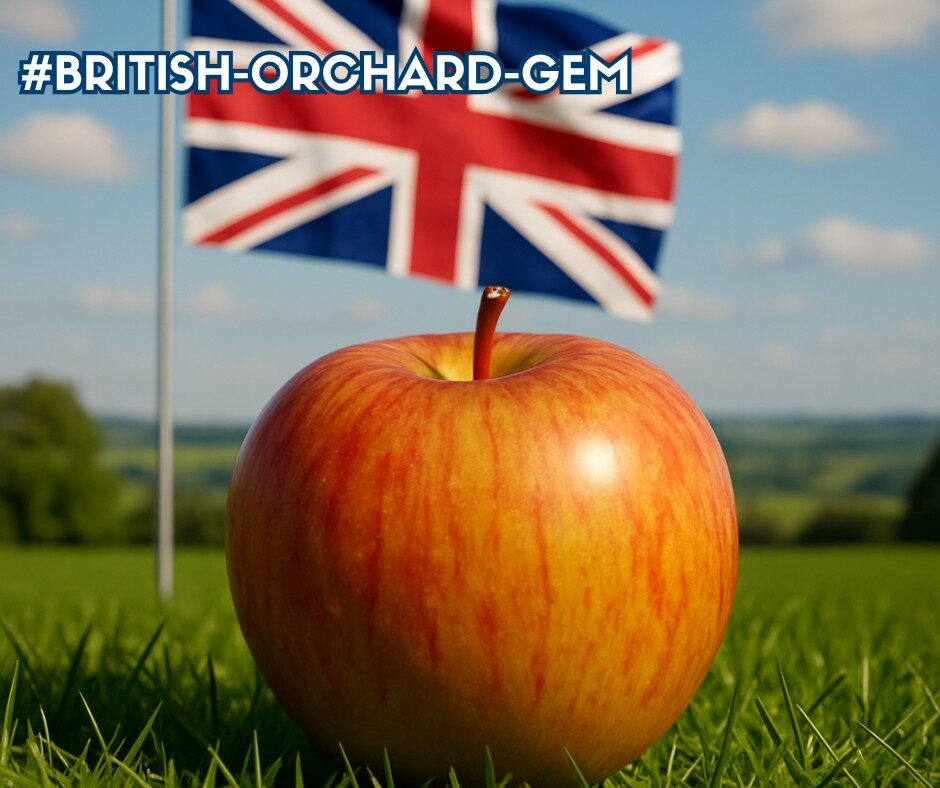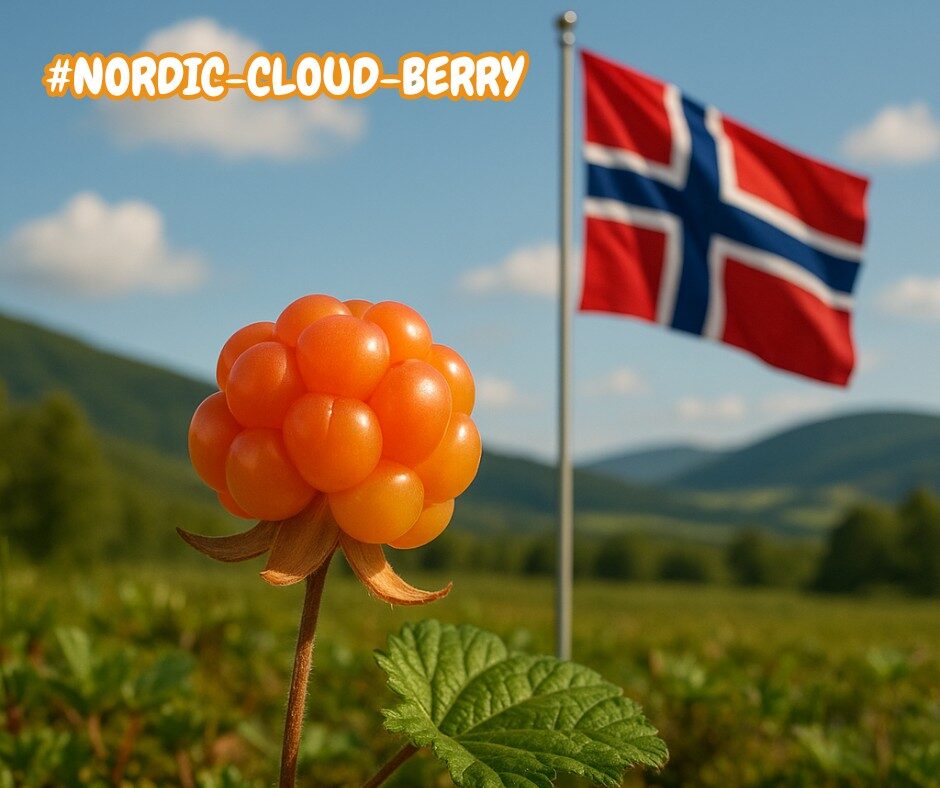by Dr. Marli Botha
The deep purple colour of beetroot, or beet, is unmistakable, whether it is being eaten raw, grated into salads, or purified into smoothies or soups. However, it is not just the attractive appearance that makes beetroot such an appealing ingredient, it is packed full of vitamins, minerals and nutrients, making it one of the healthiest foods available. Beetroots, or beets, have risen in popularity now that researchers have identified links between drinking beetroot juice and lowered blood pressure, reduced inflammation, and improved athletic performance. People can get these benefits from consuming whole beetroots or their juice…
5 more Interesting facts about BEETROOT:
- Both the leaves and the root of beetroot are highly nutritious. The root itself is a good source of vitamins and minerals, as well as antioxidants and is low in saturated fat and cholesterol.
- The leaves are actually higher in iron than spinach leaves. Iron is important for making red blood cells and for carrying oxygen around the body, making them good for those with anaemia fatigue. This also helps to boost your immune system.
- The root itself contains phytonutrients called betalains. These have anti-oxidant, anti-inflammatory and detoxification effects. These betalains gradually diminish when the beetroot is being heated, so it is most beneficial when the beetroot is raw or has not been steamed for more than 15 minutes, or roasted for more than an hour. Betalains allow toxins in the body to be bound to other molecules which are then transported out of the body. This helps to cleanse the system and support the liver.
- Certain compounds in beetroot juice, such as nitrates and betalains, may improve athletic performance. According to a 2017 systematic review, nitrates can boost a person’s athletic efficiency by increasing blood flow and oxygen to the muscles. A 2018 study looked at the effects of betalain on 28 trained male cyclists. The cyclists received 100 mg of either beetroot concentrate or placebo every day for a week. Compared with the placebo group, the beetroot concentrate group had higher exercise efficiency and increased blood flow.
- Most of the red colour compounds are not broken down in the body, and in higher concentrations may temporarily cause urine or stools to assume a reddish colour, in the case of urine a condition called This condition is harmless; however, the effect may cause initial concern due to the visual similarity to what appears to be blood.
References:
https://www.medicalnewstoday.com/articles/324898
https://link.springer.com/article/10.1007/s00421-018-3973-1




